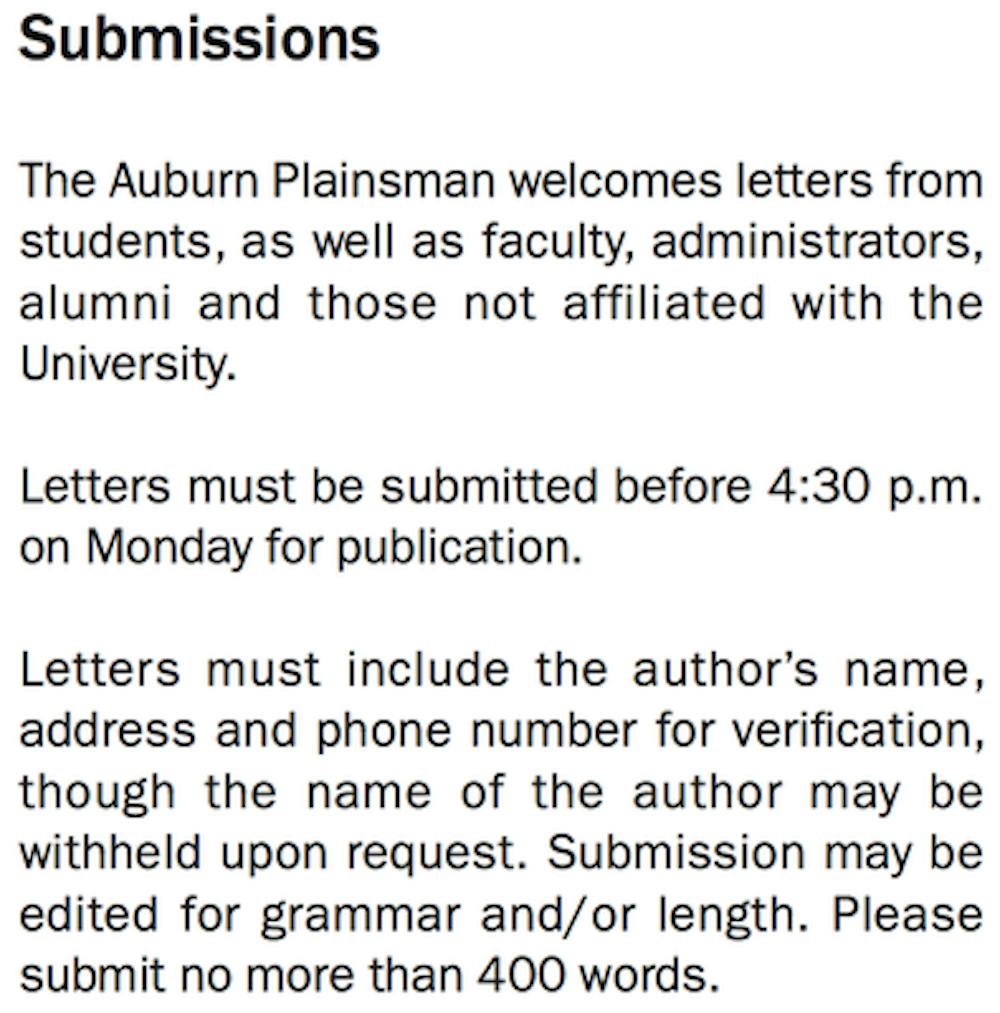College football fans are not the most rational group of people in the world, and that's OK in most cases.
From meaningless superstitions to screaming at your team through a television, being a fan spawns a number of completely irrational actions that, for the most part, are harmless and fun.
Unfortunately, it's during this barren time of the year, when football recruiting efforts hit a peak before National Signing Day on Feb. 4, that the most aggressive fan actions becomes far too common: tweeting at recruits.
I shouldn't have to explain that harassing 17- and 18-year-old high school students is a bad idea, but this is a new era we're living in. The anonymous masses have never had direct lines of communication with recruits quite like they do in social media today.
All the most coveted recruits in America, from No. 1 Trent Thompson to No. 247 Zack Bailey, are just a few clicks \0xAD--or tweets -- away at any given moment.
With modern recruiting coverage providing up-to-the-minute information on your favorite high school athletes' preferences, recruits are no longer a mystery to fans. They're full-blown celebrities, which is an entirely different issue to tackle.
So it shouldn't be a surprise when the most aggressive fans abuse their newfound platform to try and influence kids in whatever way possible.
It's natural, considering how powerless fans often are in deciding a game's outcome. I'm in no way excluded from having a few of my own irrational superstitions. But too many fans take it too far, expressing their anger and disapproval in public forums from behind the comfort of their own keyboard.
There are few solutions to this problem other than the most obvious one: Just don't do it.
Recruits read what is tweeted and written about them. It's impossible for them not to when their mentions are full of fans and articles are written about them daily.
Even if it's only a vocal minority that is causing the problem, that minority can shape how recruits view an entire fanbase.
Just take a look at Nebraska quarterback Tommy Armstrong Jr.'s Twitter page.
The Cornhuskers' quarterback has never shied away from critical tweets he receives from angry fans. He has been quick to admit the flack he receives from fans does shape the potential recruits' perceptions about the program.
So if you truly desire to make an impact on the future of a high school athlete, maybe your best course of action, to quote Walter White, would be to tread lightly.
Eric Wallace is the sports editor at The Plainsman. He can be reached at sports@theplainsman.com.
Do you like this story? The Plainsman doesn't accept money from tuition or student fees, and we don't charge a subscription fee. But you can donate to support The Plainsman.





